While at least half of the month’s film-related discussion will, unfortunately, be consumed by the endless Oscar race chatter, we’re here to cut through the noise and highlight gems worth seeking out in March. From a superhero film actually worth a watch to a fascinating archival documentary to highlights from not only this year’s Sundance but the 2022 edition as well, check out my picks to see.
15. Rodeo (Lola Quivoron; March 17)

One of the breakouts of last year’s Cannes Film Festival, where it premiered in the Un Certain Regard section and picked up a jury prize, was Lola Quivoron’s feature debut Rodeo. Starring Julie Ledru Kaïs, Yannis Lafki Ophélie, Antonia Buresi, Cody Schroeder, Louis Sotton, and Junior Correia, it follows a young woman who enters the underground world of dirt biking. Set for a NYC premiere at First Look, it’ll arrive later this month from Music Box Films.
14. The Innocent (Louis Garrel; March 17)
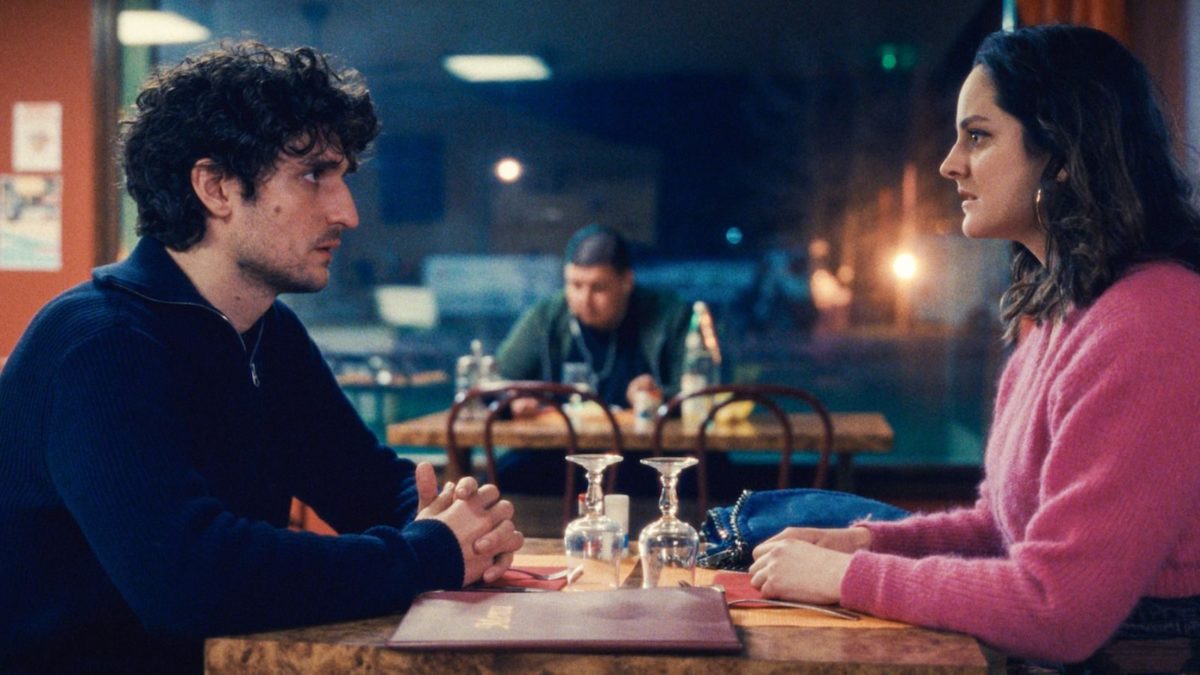
Carving out a distinct directorial voice from the immense shadow of his father, Louis Garrel has delivered another affable farce with The Innocent. The heist rom-com, following a son who begins to investigate the dealings of his mom’s ex-con new husband and gets more than he bargained for, packs a light but entertaining touch. Along with being a strong showcase for physical comedy, Garrel’s latest is flush with romanticism as the lines of performance and affection between Garrel and Noémie Merlant’s characters are blurred to delightful effect.
13. Palm Trees and Power Lines (Jamie Dack; March 3)
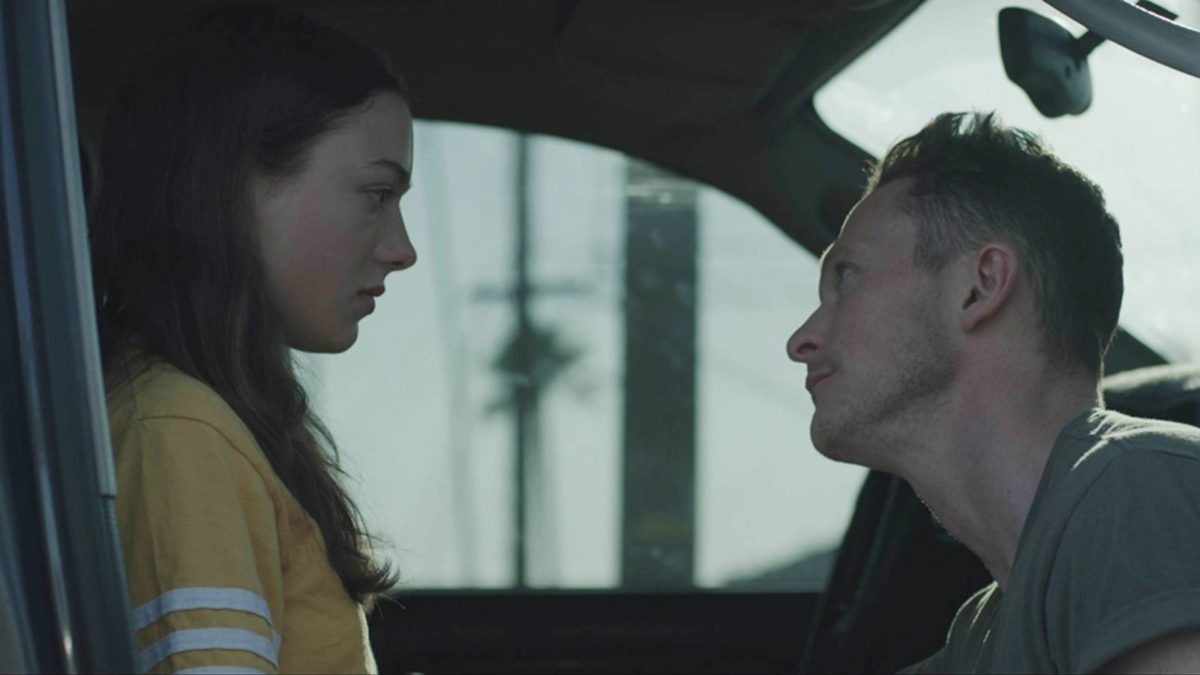
While there aren’t many palm trees in sight, the stretch of endless power lines in Lea’s (Lily McInerny) surroundings mirror the nature of her repetitive existence. Her single mom (Gretchen Mol) entertains a string of terrible boyfriends in the pursuit of ever-evaporating companionship. Her immature friends spend their time ranking the hotness of people in their class when they aren’t lifelessly scrolling their Instagram feeds. As a 17-year-old, Lea’s sexual awakenings are either taken as a joke, as her friend fingers a cream-filled donut poking fun at urges, or rather un-involving. In one scene, she starts to gaze out the window while having unsatisfying sex in the backseat of a car with a fellow classmate. It’s a summer defined by boredom, waiting out the days until she can escape the life she was born into. Continue reading my review.
12. Creed III (Michael B. Jordan; March 3)
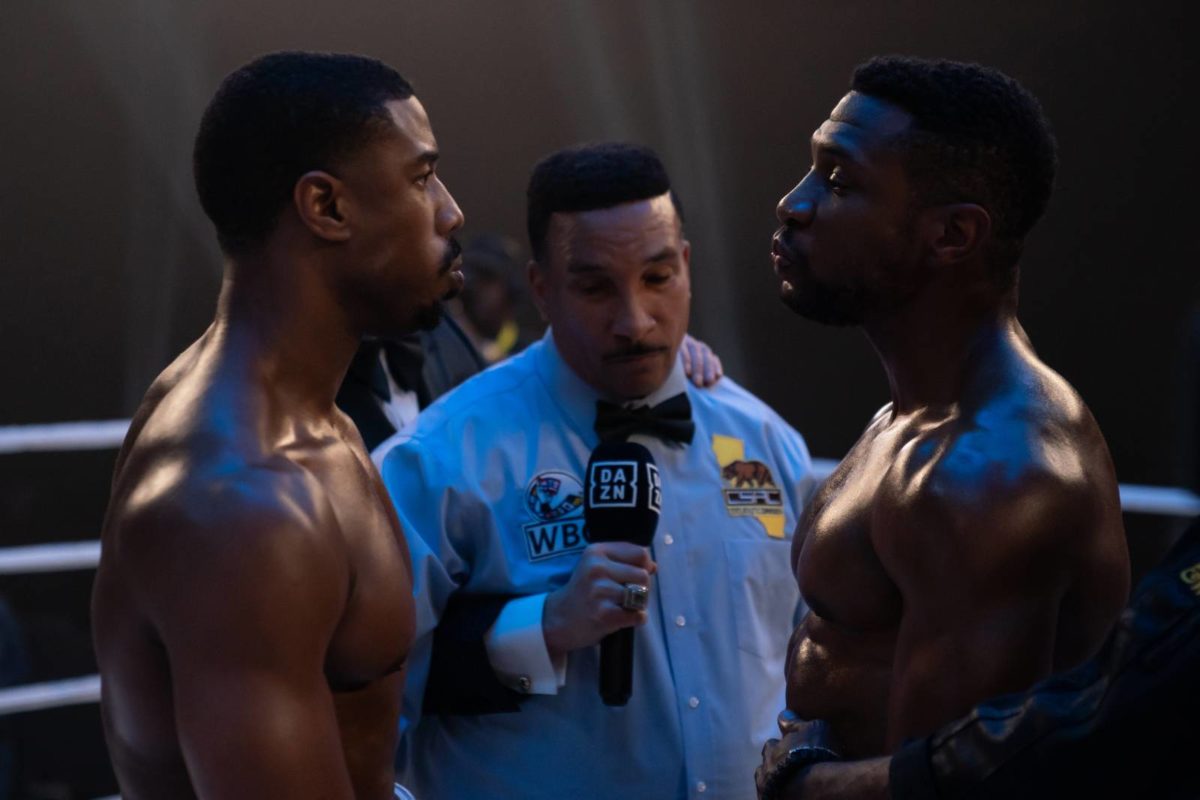
In terms of studio offerings this month, my lizard brain is looking forward to 65 against all better judgment, I’m hoping the nearly three-hour fourth John Wick outing won’t hit a tipping point for the franchise, and forgoing a number of others that I’ll certainly never seek out, that leaves Creed III to clean up. I’m curious to see Michael B. Jordan’s anime-influenced approach in his first time in the director’s chair and, following his fierce performance in Magazine Dreams, Jonathan Majors looks to be the perfect foe.
11. The Five Devils (Léa Mysius; March 24)
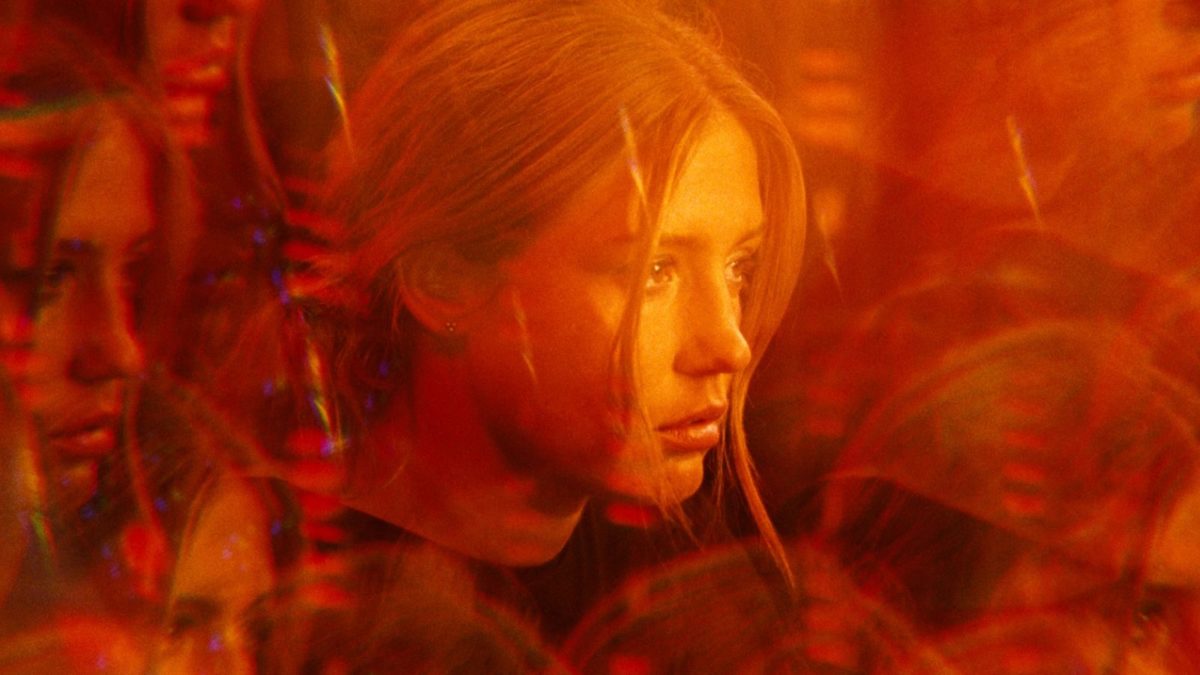
Working with Claire Denis, Jacques Audiard, and Arnaud Desplechin as a screenwriter, Léa Mysius already has quite an impressive career. She’s now back with her sophomore feature, which premiered at Cannes and arrives this month. Alistair Ryder said in his review, “The most visceral films are often described as sensory experiences. But how can a visual medium translate the sensations of smell without the aid of a John Waters-style scratch-and-sniff card? This is a stylistic quandary French filmmaker Léa Mysius approaches with ease in her accomplished sophomore feature The Five Devils, an entrancing time travel drama in which the odors of the natural world give way to the memories of those who walked there before. Its mythology is deliberately freed of explanation so we may have a child’s-eye view into the timeline-bending narrative––a striking decision that is likely to leave those wanting a straightforward explainer of how it all works firmly in the cold. It’s a film that rewards fantastical curiosity, not literal inquisitiveness, using its borderline-science fiction conceit as a jumping-off point for a more intimate examination of the still-fresh wounds affecting a seemingly functional family unit.”
10. Smoking Causes Coughing (Quentin Dupieux; March 31)
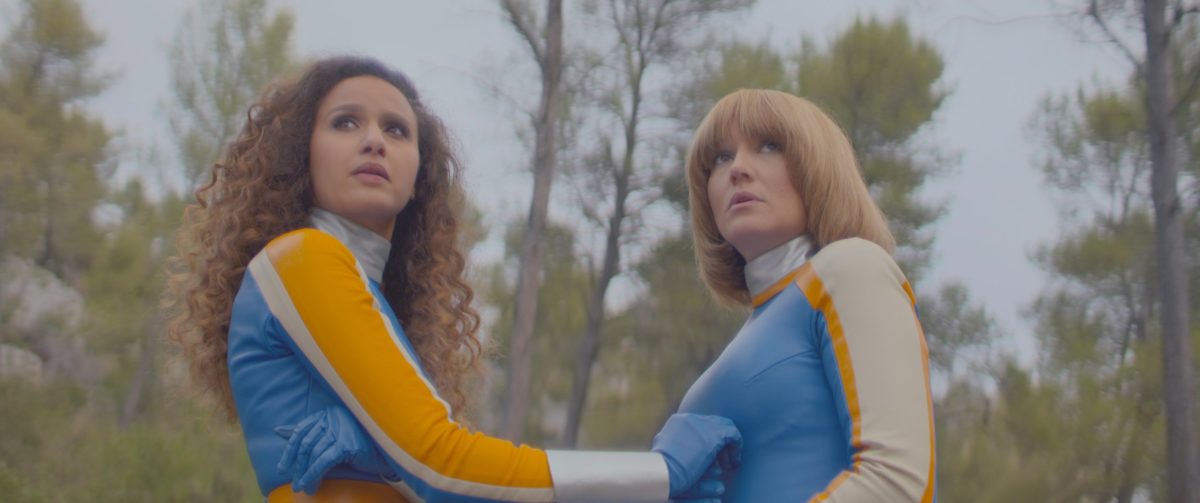
Directing at such a clip it can be hard to discern when his films actually arrive stateside and on what platform, Quentin Dupieux’s second movie of last year, Smoking Causes Coughing, will finally land soon. Starring Gilles Lellouche, Anaïs Demoustier, Vincent Lacoste, Jean-Pascal Zadi, and Oulaya Amamra, this John Waters-approved feature is one of the rare superhero films worth watching. Leonardo Goi said in his review, “Teeming with all kinds of freaks and plots that toggle freely between the real and the absurd, Quentin Dupieux’s films are the work of an inveterate, shamelessly playful raconteur. With ten features now to his name, the musician-turned-filmmaker has amassed an oeuvre whose leitmotif isn’t (just) the director’s penchant for the gonzo, but his passion for storytelling itself. Stories and storytellers abound in his latest, Smoking Causes Coughing. A Russian doll of tales-within-tales, it features one of Dupieux’s most bizarre concoctions yet—which, for a man that gave us a sentient killer tire (Rubber), an oversized fly-turned-pet (Mandibles), and a leather jacket with homicidal powers (Deerskin), is to say plenty. That’d be the Tobacco Force, a group of five superheroes who roam the Earth slaughtering monsters with the power of the toxic substances they borrow their names from—but which, curiously, none of them has ever consumed. (Lest you forget, as a squad member warns a boy at the outset, ‘smoking is for losers!’)”
9. Inside (Vasilis Katsoupis; March 17)
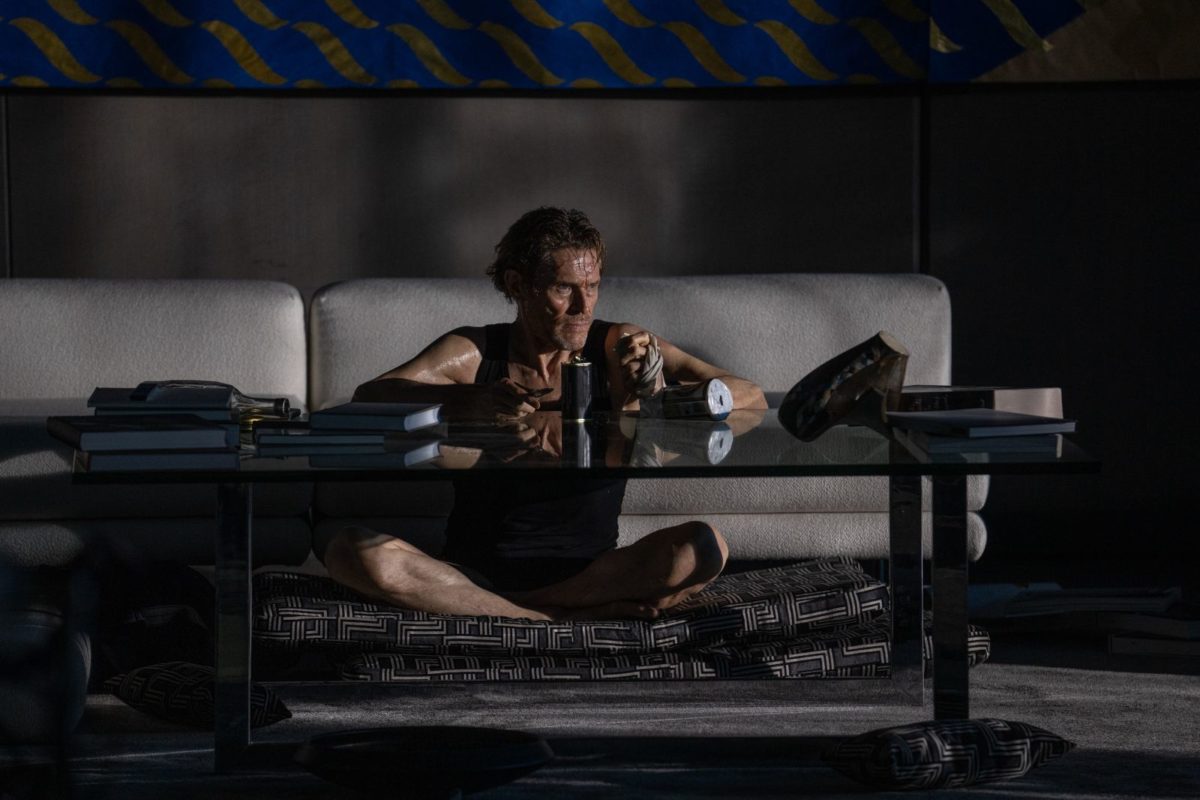
In terms of the sheer range of directors he has worked with, there may be no more impressive a career than Willem Dafoe’s. In-between his recent collaborations with Abel Ferrara, Wes Anderson, Robert Eggers, Walter Hill, Lars von Trier, Yorgos Lanthimos, and Guillermo del Toro, he’s found time to elevate new voices in cinema. The latest is Vasilis Katsoupis, whose debut feature Inside premiered at Berlinale last month to a positive response. Scripted by Ben Hopkins, it tells the story of Nemo (Dafoe), an art thief trapped in a New York penthouse after his heist doesn’t go as planned. Locked inside with nothing but priceless works of art, he must use all his cunning and invention to survive.
8. A Thousand and One (A.V. Rockwell; March 31)
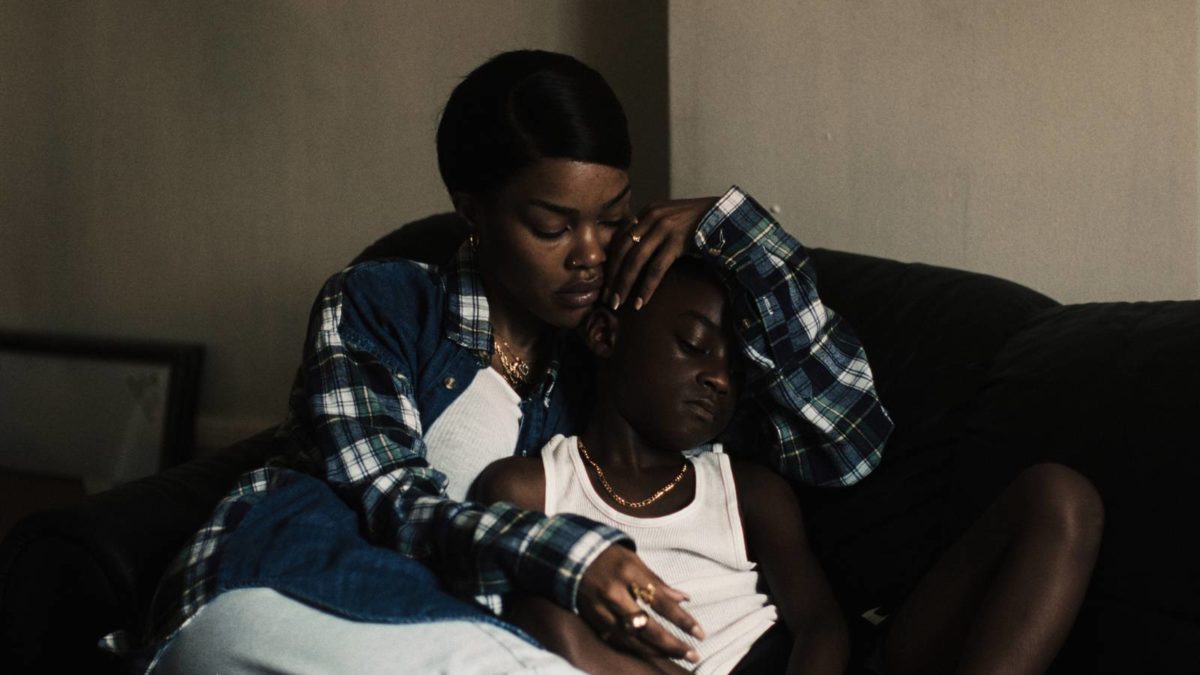
In a festival of many breakthroughs, one of the major from Sundance 2023 was A.V. Rockwell and her directorial debut: Grand Jury Prize winner A Thousand and One starring Teyana Taylor, Will Catlett, Josiah Cross, Aven Courtney, and Aaron Kingsley Adetola. As Jake Kring-Schreifels said in his Sundance review, “In the beginning of A Thousand and One, the New York City streets are alive, detailed and humming with swagger. It’s 1993 and Inez struts through Brooklyn after a five-year stint at Rikers Island, readjusting to the rhythms of freedom. The sun bakes the brownstones, hip-hop echoes around storefronts, and kids suck on ice pops––the kind of weather and atmosphere Samuel L. Jackson might be yammering about from his bedroom window. But there’s no time to waste. Inez is looking for Terry, the seven-year-old she left behind and hopes to reclaim.”
7. Nam June Paik: Moon Is the Oldest TV (Amanda Kim; March 24)
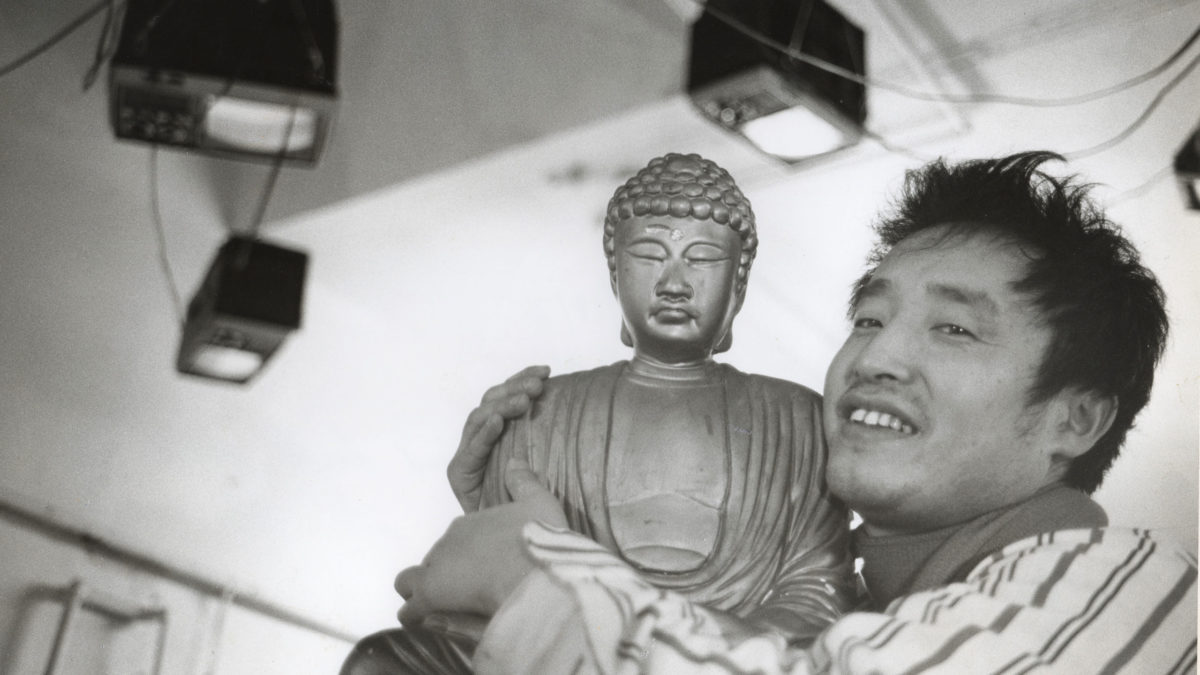
Pioneering and prescient video artist Nam June Paik gets fitting documentary treatment with a new project, which premiered at Sundance earlier this year. John Fink said in his review, “Lovingly constructed by Amanda Kim, Nam June Paik: Moon is the Oldest TV is a seminal biography of an artist often dangling on the edge of poverty and living grant-to-grant before passing away in 2006. Much like Tyler Hubby’s Tony Conrad: Completely in the Present, it chronicles an artist with an extensive body of work and fan base that initially didn’t quite understand what he was doing. Watching a conceptual artist at work can be frustrating until you have a sense of what their vision will be––as recalled by the crew of WGBH, the PBS affiliate in Boston, which offered Paik three hours of studio time to create his psychedelic Global Groove broadcast, an early experiment in color.”
6. Tori and Lokita (Jean-Pierre and Luc Dardenne; March 24)
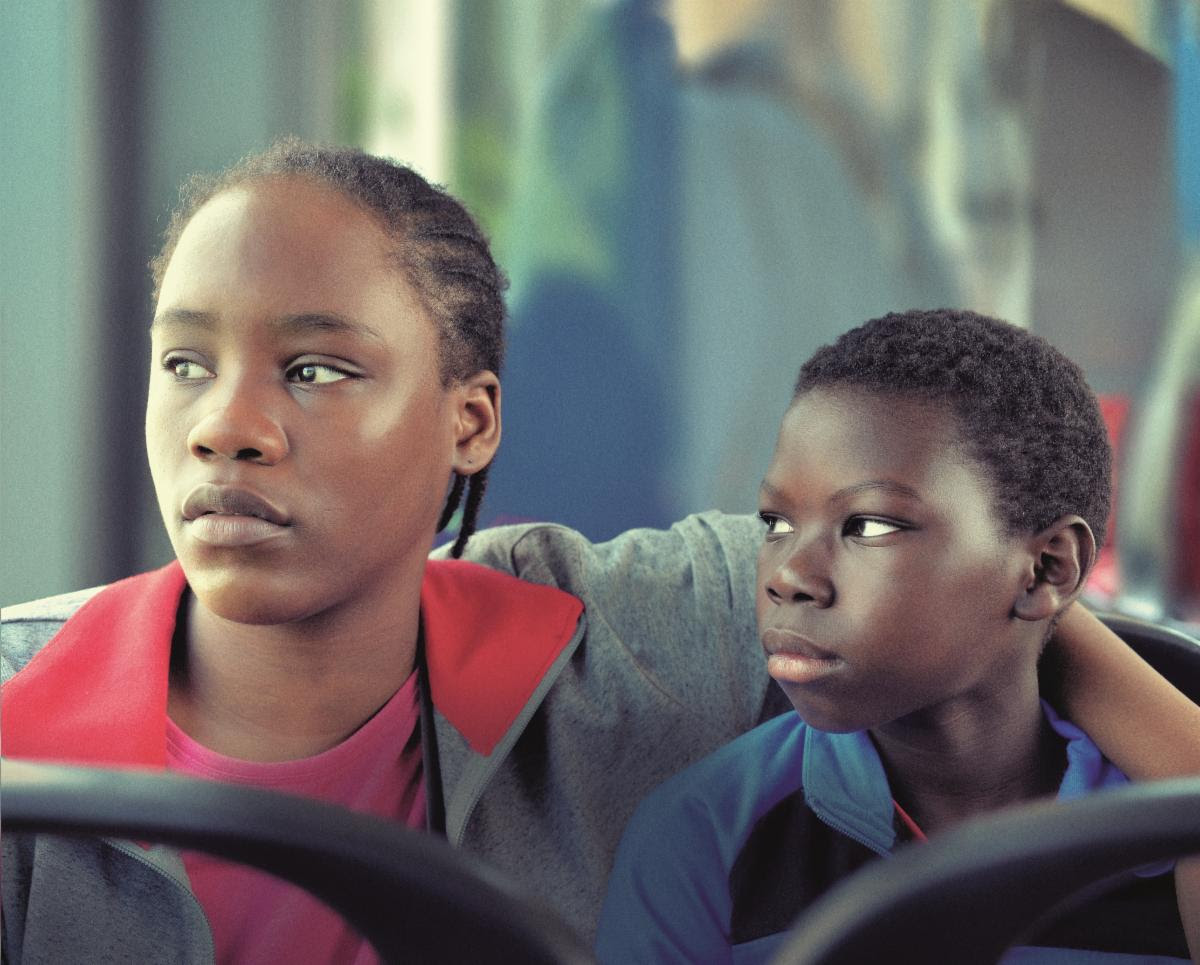
Despite their stock seemingly falling in the decade since the widely acclaimed Two Days, One Night, a new film by the Dardennes will always have our curiosity; even better that our critic was a major fan at Cannes. As David Katz said in his review, “Tori and Lokita, the latest from the eerily consistent Jean-Pierre and Luc Dardenne, pulls you in opposite directions when assessing it. It is as consummately made and passionately intended as anything they’ve done, but the filmmakers, as is apparent in less-successful films, can really undermine themselves with choices in plotting. I’ll never forget viewing my first, The Son, as a student in undergrad, both marveling and being almost perturbed at what a simple, elemental conflict—a man forgiving the murderer of his child—drove the entire film and generated all its tension. As in Lorna’s Silence and The Unknown Girl, this story can’t move without plot streaming out of every corner, contrivances piling upon contrivances, the way the tape could peel out of an old analog cassette or VHS.”
5. Stonewalling (Ryuji Otsuka and Huang Ji; March 10)

One of the most heralded films from last fall’s festival circuit––playing at Venice, TIFF, NYFF, and BFI London––came from directors Huang Ji and Ryuji Otsuka, the wife-and-husband team hailing from Beijing. Their strikingly shot, patient drama Stonewalling, follows the journey of a student flight attendant whose plans to finish college are thrown into doubt when she discovers she’s pregnant. Soham Gadre said in his NYFF review, “The ebbs and flows of a rather long, deliberately paced narrative can test most viewers. Especially difficult when it seems the movie’s central conflict doesn’t manifest in a few key sequences, instead building piece-by-piece over time, in small gestures. Those with a keen eye and ear, who are willing to soak in commentary on muted malaise of 21st-century youth, will find reward in Huang Ji and Ryûji Otsuka’s Stonewalling. Like the characters, it plays a waiting game: this film bets its outskirt sleepy venues will absorb viewers enough to find deeper meaning. Not only about the modern lives of China’s youth, but also the troubling economic and social inheritances that will come to the generations after.”
4. Enys Men (Mark Jenkin; March 31)
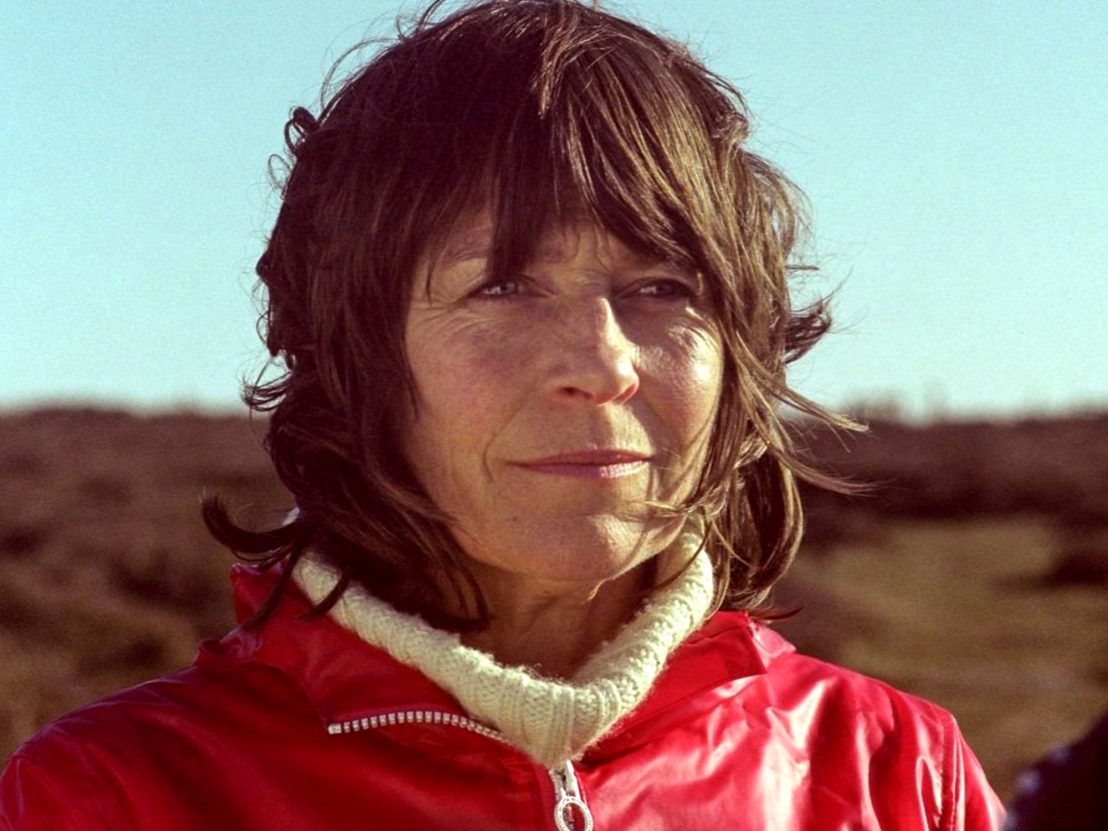
After making one of the most striking debuts of the last few years with his black-and-white Bait, shot on a hand-cranked Bolex camera and 16mm, Mark Jenkin has returned with Enys Men. The Cornish folk horror follows a wildlife volunteer who, living on an uninhabited island off the British coast, descends into a terrifying madness that challenges grips on reality and pushes her into a living nightmare. As Leonardo Goi said in his review, “Perched on the cliff of a windswept island off the coast of Cornwall is a shock of white flowers. Every day a woman studies their petals in religious silence before heading home and jotting notes in a diary. Date. Daily temperature. Observations. The year is 1973, the month April, and that’s about as much contextual information Mark Jenkin’s sinuous, entrancing Enys Men parcels out. We don’t know who the woman is, what or who those notes are for, when she got to the island, when she’ll leave. Penned by Jenkin, its script credits her as ‘The Volunteer,’ whose daily pilgrimages to the cliff feel like a vocation, an act of faith.”
3. Rye Lane (Raine Allen Miller; March 31)
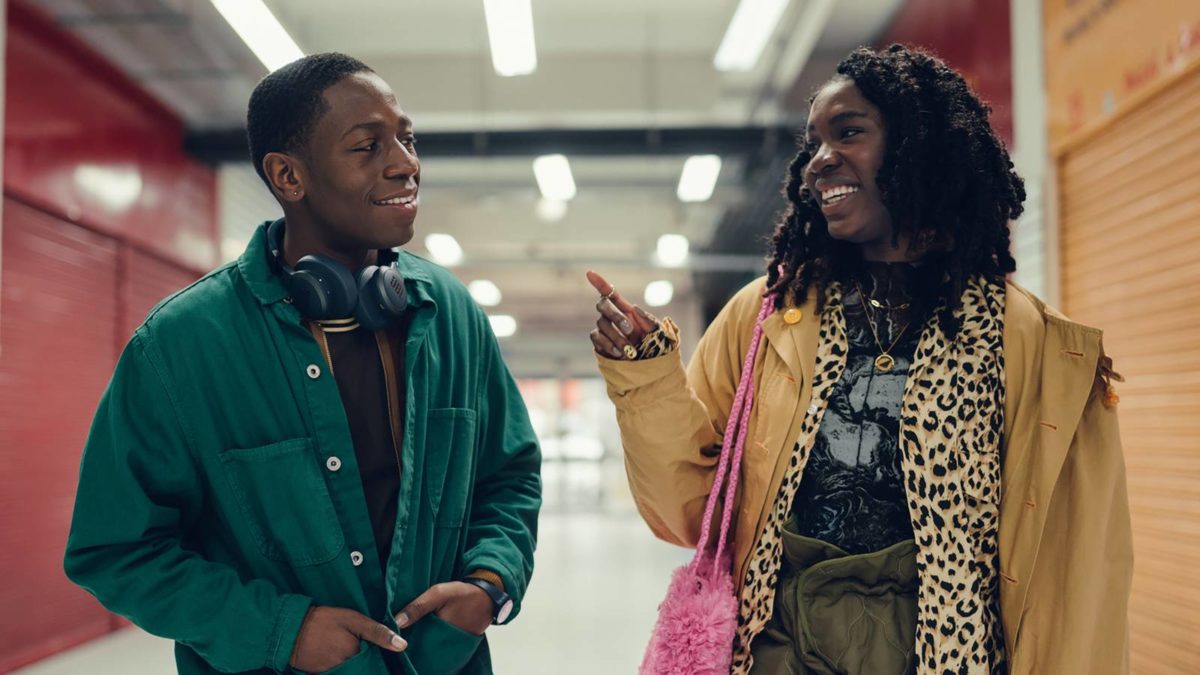
One of the most purely entertaining films at this year’s Sundance was the energetic rom-com Rye Lane, which followings a budding relationship over the course of a day between two Londoners getting over respective break-ups. Michael Frank said in his review, “Early into Raine Allen-Miller’s Rye Lane, the London-set romantic comedy shows a sense of newness. Using fisheye lenses, zooming close-ups, and integrated flashbacks, this directorial debut feels undeniably modern. The comedy wants to reinvent past tropes, underlying British hip-hop and rap beneath the entirety of the speedy 82-minute runtime. It flies with London as a backdrop, a city that’s as alive as ever in this story.”
2. Walk Up (Hong Sangsoo: March 24)
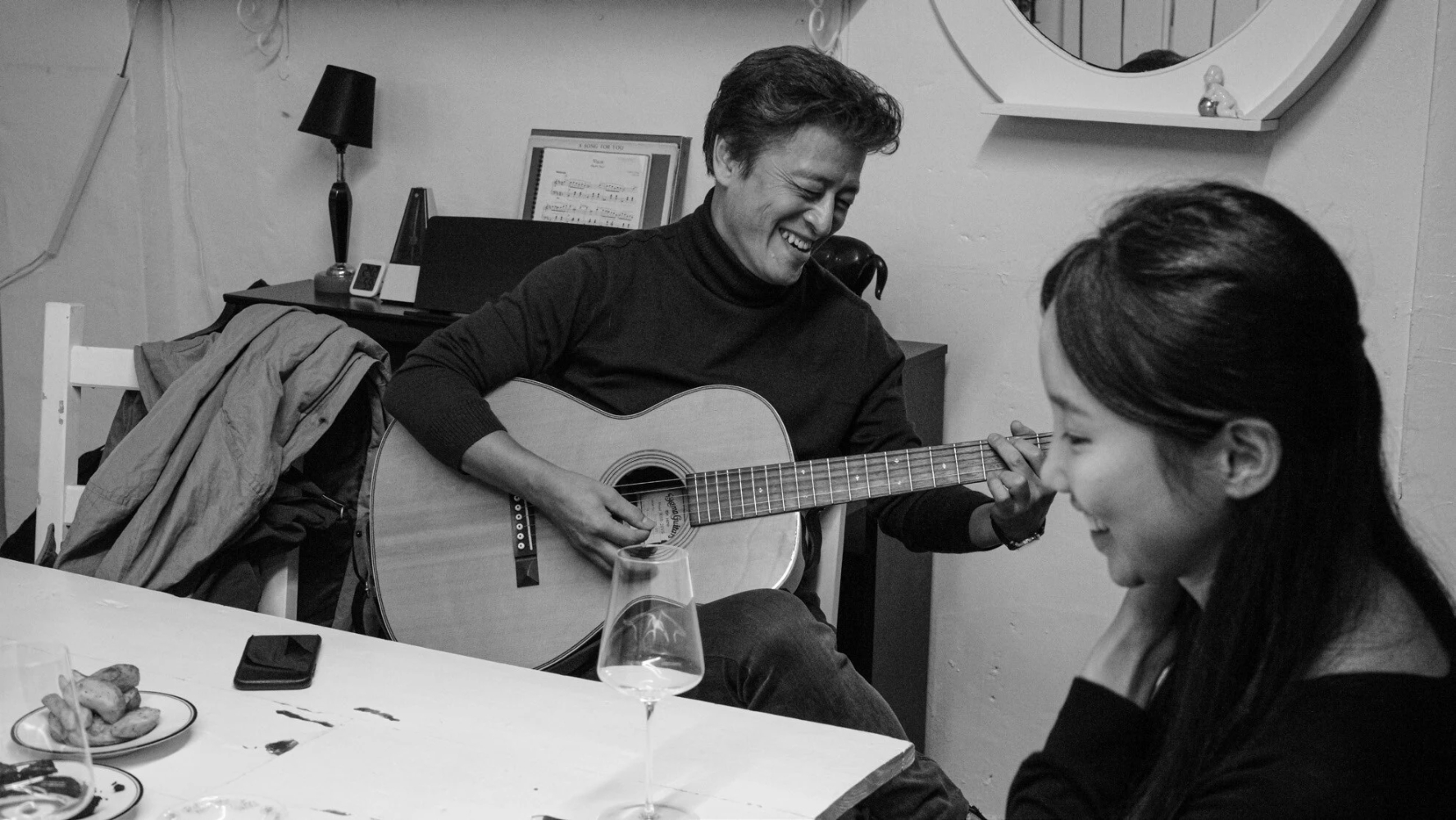
Arriving with the same anticipation others may feel for the next Marvel movie, a new Hong Sangsoo is an event around these parts. Following its run on the fall festival circuit and hot off the heels of his latest debuting at Berlinale, we’re getting his previous feature Walk Up this month. Ethan Vestby said in his review, “If one thing of late really sets Hong Sang-soo apart, it’s his unglamorous depiction of the film director. Appropriate to the small-scale of his corpus, these artists live far from the fantasy of 8½ (or, if you prefer, Bardo: False Chronicle of a Handful of Truths), but instead in the mundanity between projects. Hong’s avatar in Walk Up is Byungsoo (Hae-hyo Kwon), who’s visiting an apartment building owned by Ms. Kim (Lee Hyeyoung) with the company of his estranged daughter Jeong-su (Park Mi-so).”
1. Rewind and Play (Alain Gomis; March 10)
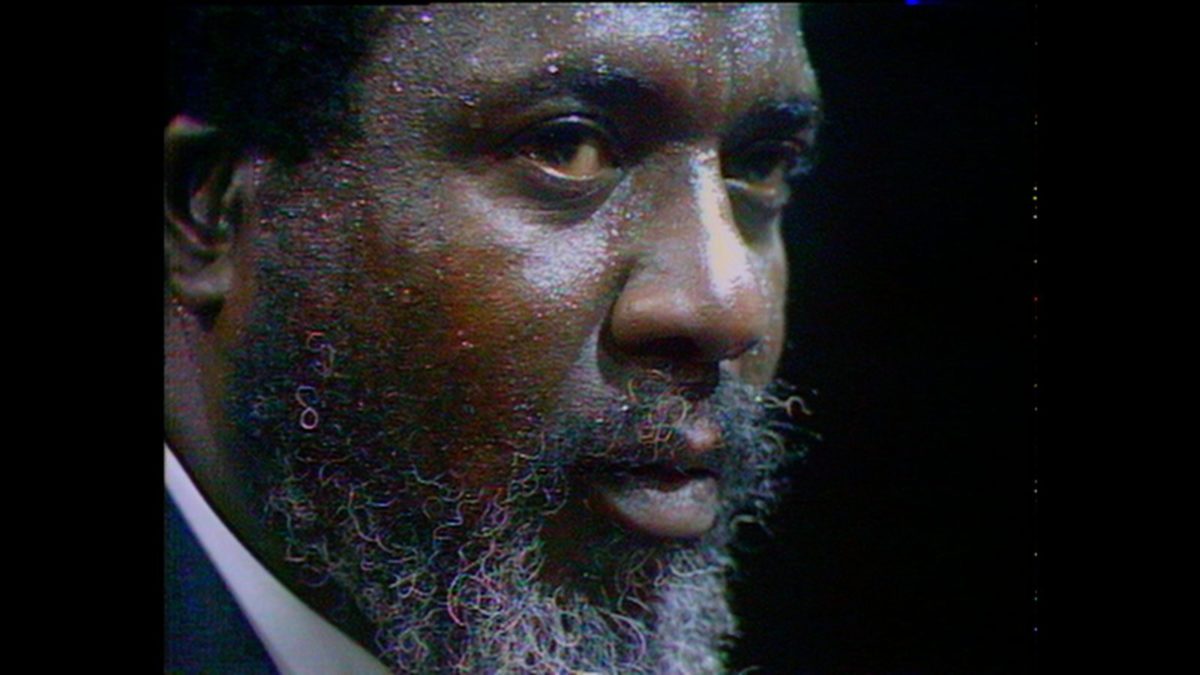
Félicité director Alain Gomis returned to the festival circuit last year with Rewind & Play, which recontextualizes Thelonious Monk’s appearance on a 1969 French television program into an experience that can only be described as a parade of horrors. His genius musical talent is on display, but in expanding far beyond the standard music documentary, Gomis focuses in on the white host’s inane, condescending line of questioning in a series of outtakes. As the bright lights burn down on a sweating Monk, the interview devolves into an uncomfortable, revealing look at the prejudiced belittling of a legend.
More Films to See
- Gods of Mexico (March 3)
- The Year Between (March 3)
- Operation Fortune: Ruse de Guerre (March 3)
- LA CIVIL (March 3)
- Sansón and Me (March 3)
- 65 (March 10)
- Therapy Dogs (March 10)
- Rimini (March 17)
- Self-Portrait (March 20)
- The Worst Ones (March 24)
- John Wick: Chapter 4 (March 24)
- In Viaggio: The Travels of Pope Francis (March 31)
